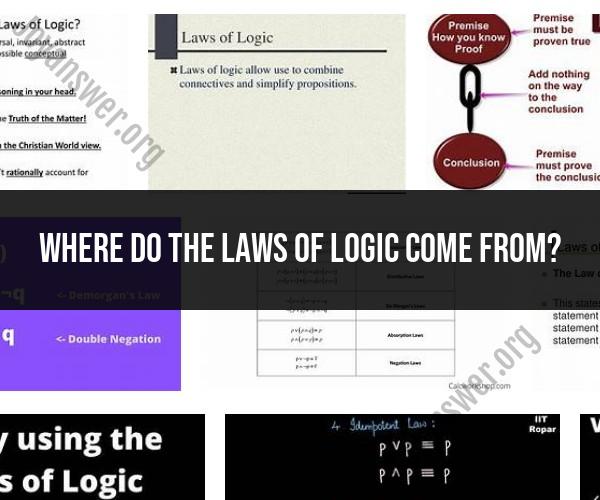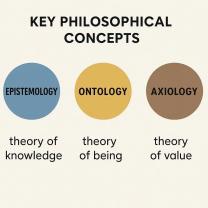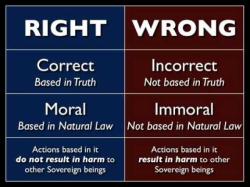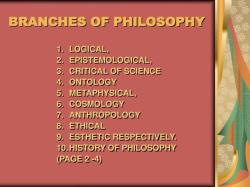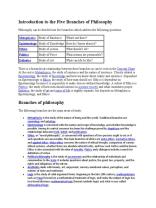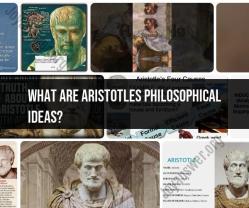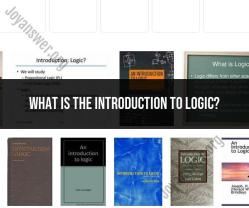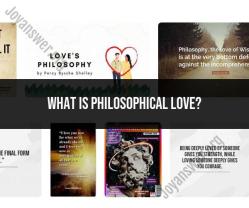Where do the laws of logic come from?
The laws of logic, also known as the principles of logic or logical laws, are fundamental principles that govern rational thought, reasoning, and inference. These laws provide the foundation for coherent and valid arguments. While they are abstract and conceptual in nature, they are not "discovered" in the same way that scientific laws are discovered through empirical observation. Instead, the laws of logic are considered to be inherent to the nature of rational thought and language. Here's an exploration of where the laws of logic come from:
Abstract Concepts: The laws of logic are abstract concepts that describe fundamental principles of thought and reasoning. They are not physical entities or objects that can be observed in the external world.
A Priori Knowledge: The laws of logic are often considered a priori knowledge, which means they are known independently of experience. They are not derived from sensory perception or empirical data. Instead, they are self-evident truths that are grasped through the use of reason.
Universality: Logical laws are universal and apply across all domains of knowledge and discourse. They are not contingent on specific contexts, cultures, or individual perspectives. For example, the law of non-contradiction, which states that contradictory statements cannot both be true in the same sense at the same time, holds true universally.
Preservation of Truth: Logical laws are concerned with the preservation of truth in reasoning. They provide a framework for distinguishing valid arguments (those that preserve truth) from invalid arguments (those that do not).
Formalization: Over centuries, logicians and philosophers have formalized the laws of logic into precise systems of symbolic logic. These formal systems, such as propositional logic and predicate logic, allow for rigorous analysis of logical relationships and arguments.
Philosophical Theories: Different philosophical theories offer various accounts of the nature and origin of logical laws. For example:
- Platonism: Some philosophers, like Plato, propose that logical laws are abstract entities that exist in a non-physical realm of abstract objects.
- Conceptualism: Others argue that logical laws are concepts or principles that exist in the human mind and are grounded in human cognition.
- Nominalism: Nominalists contend that logical laws are human inventions or linguistic conventions that facilitate communication and reasoning.
Debate and Exploration: Philosophers and logicians continue to debate the nature and origin of logical laws. While there is broad consensus on their importance and use, the philosophical underpinnings may vary.
In summary, the laws of logic are foundational principles of rational thought and reasoning. They are abstract, a priori concepts that are not derived from empirical observations but are considered inherent to the nature of human cognition and language. Different philosophical perspectives offer various explanations for the origin and nature of these laws, but they remain essential tools for coherent and valid reasoning across all areas of knowledge.
